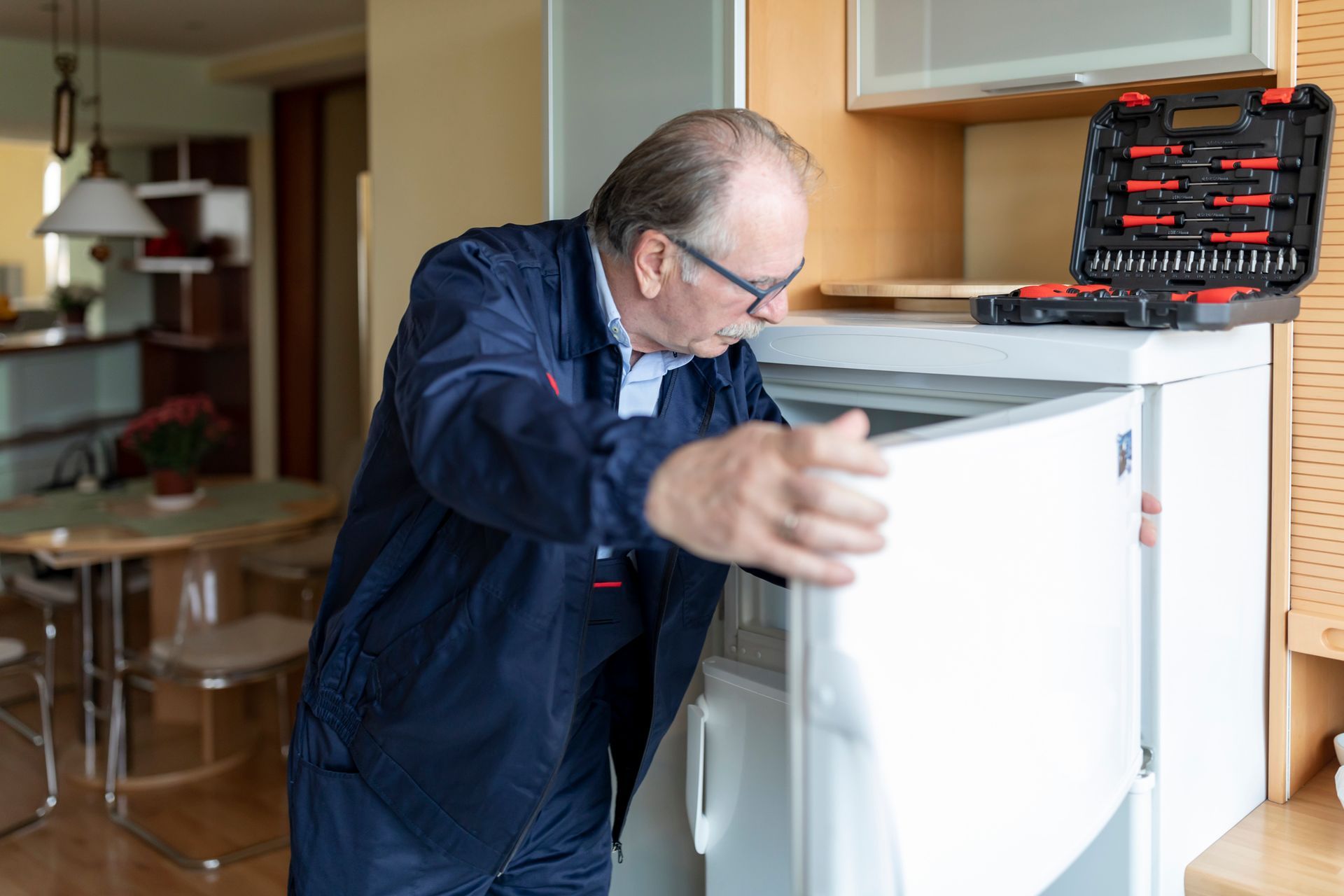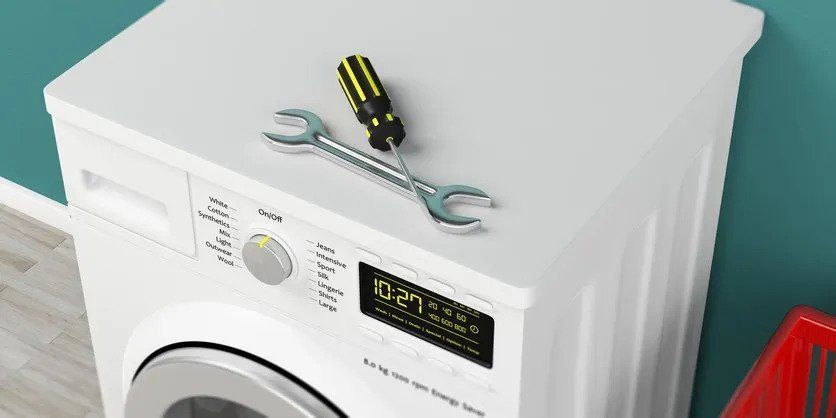Locally-Owned and Operated
Locally-Owned and Operated
Take Care of Your Dishwasher Before You Call a Technician
4 May 2018
Your dishwasher saves you hours each week by scrubbing food and stains from your silverware and dishes so you don't have to — so it's no wonder that when you open your dishwasher after a cycle and remove a still-dirty dish, your heart sinks. Dishwasher repair can seem complicated, messy, and expensive, and no one looks forward to having a sink full of dirty dishes while they wait for a repairperson's help.
Luckily, you don’t have to jump straight to a repair or replacement. Instead, your dishwasher might just need a little TLC and elbow grease before it can run correctly again. Below, we'll fill you in on some warning signs that indicate your dishwasher needs attention, list a few steps you can take on your own, and explain when you need a repair technician to take a look.
Look for Warning Signs
The clearest sign that your dishwasher needs help is if your dishes are still dirty after a washing cycle. However, a few subtler signs also emphasize that a dishwasher needs maintenance, repair, or replacement. Take action if you notice any of the following problems:
- Water on the floor after a cycle
- A scent of mold or mildew when you open the dishwasher
- Food scraps on the bottom of the dishwasher after a cycle
- Soapy residue on otherwise clean dishes
- Rust on the inside of the dishwasher
If your dishes feel cool to the touch immediately after a cycle, you could have a sanitary problem on your hands: the water might never have been hot enough to properly clean dishes, especially items like cutting boards used to slice raw meats.
Perform Basic Dishwasher Maintenance
If you notice any of the above signs (barring the last one, which requires immediate professional attention to ensure your dishwasher is hygienic), you don't necessarily need to panic. Instead, you can try a few maintenance tips — it could be that you haven't paid enough attention to your dishwasher recently and it just needs to be cleaned and cared for.
If you haven't ever cleaned your dishwasher, first run a cycle with a half-cup to a cup of vinegar. Make sure to run the dishwasher on the hottest cycle to get the most out of the cleaning. Next, run the dishwasher with half a cup of baking soda sprinkled on the bottom. Baking soda can scour hard-water deposits and other debris built up on the inside of the dishwasher.
When cleaning with vinegar and baking soda isn't enough to restore your dishwasher to working order, you need to look at the dishwasher's moving parts:
- The spray arms, which spray water from the bottom of the dishwasher to the top, can get clogged. You should be able to remove the spray arms for easier cleaning.
- Like your HVAC system, your dishwasher has a filter that needs to be cleaned or replaced every three to six months. Once you remove the spray arms, you can access and clean the filter.
- Hard water can cause scale buildup that slows your dishwasher's efficiency. If you find scale or food deposits beneath the filter and spray arms, use a solution of baking soda and vinegar to scour the area.
A few simpler problems could also be causing your problems. For instance, if you tend to stack the dishes awkwardly, they won't emerge cleanly from the dishwasher. Try rearranging your dishes before you call a repair technician.
Contact a Professional
If you've tried the above steps and your dishwasher still won’t operate at full capacity, you probably have a bigger problem on your hands than a simple clogged spray arm or filter. The issue likely isn't one you can solve on your own, but a repair technician can diagnose the issue and recommend a repair or replacement as needed.
If you've hit the point where you need to call in the specialists, Jesse & Sons Appliance Repair Solutions is here to help. Get in touch to schedule an efficient, affordable, and effective dishwasher repair.
Servicing San Antonio and Hill County Areas
- Adkins
- The Dominions
- Macdona
- Spring Branch
- Canyon Lake
- Alamo Heights
- Randolph AFB
- New Braunfels
- Startzville
- Castle Hills
- Atascosa
- San antonio
- Olmos Park
- Stockdale
- China Grove
- Balcones Heights
- Garden Ridge
- Pipe Creek
- Universal City
- Cibilo
- Bandera
- Grey Forest
- Floresville
- From Ormy
- Converse
- Boerne
- Helotes
- Fort Sam Houston
- Wetmore
- Denhawken
- Bracken
- Hill Country Village
- Saspamco
- Elmendorf
- Kirby
- Brooks AFB
- Hollywood Park
- Sutherland Springs
- Fair Oaks
- La Vernia
- Brooks City Base
- Hunter
- Terrel Hills
- Fair Oaks
- Ranch
- Lackland
- Bulverde
- Kelly USA
- Sattler
- Firm Cases
- Lackland AFB
- Leon Valley
- Live Oak
- Schertz
- Sequin
- Selma
- Shavano Park
- Sister Dale
- Solms
- Kerrville
- Fredericksburg
Talk Directly to the Owner (210) 650-5776 | Secondary Line: (210) 389-7915
Email: jessegutierrez922@gmail.com | Business Hours: 8AM - 6PM | Saturday: 8AM - 3PM | Sunday: Closed






Content, including images, displayed on this website is protected by copyright laws. Downloading, republication, retransmission or reproduction of content on this website is strictly prohibited. Terms of Use
| Privacy Policy



